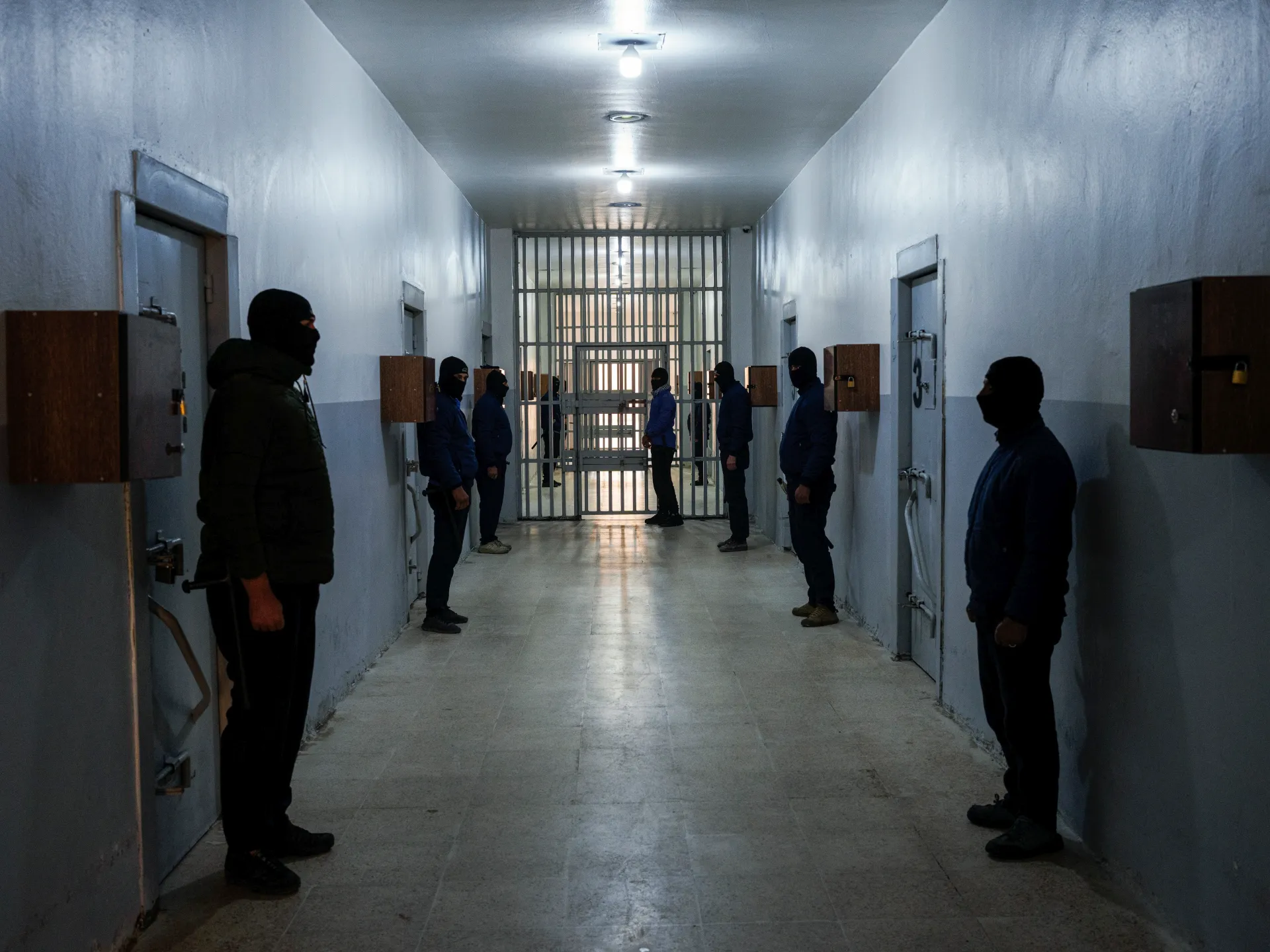French ISIL suspects transferred from Syria allege torture in Iraqi prisons | ISIL/ISIS News
French lawyers for suspected ISIL members transferred from Syria say the men are suffering inhumane treatment in Iraqi jails.
Published On 29 Jan 2026
Lawyers for a group of French nationals accused of being part of ISIL (ISIS) and transferred by the United States from Syria to prisons in Iraq say the inmates have been subjected to “torture and inhumane treatment” there.
French media reported on Wednesday that lawyers Marie Dose and Matthieu Bagard visited the accused men in Baghdad during a recent visit and said their clients had been subjected to ill-treatment in detention in Iraq.
Recommended Stories
list of 4 itemsend of list
The abuse – including being slapped, strangled, handcuffed behind their backs “with a pulley system” and threatened with rape with iron bars – was inflicted to “make them confess to their presence in Iraq” during their alleged time in ISIL, which would give the Iraqi justice system jurisdiction to try them for their alleged crimes, the lawyers said.
The lawyers were quoted as saying the accused ISIL members “assured us that they had not been in Iraq before their arrest in Syria and their transfer to Baghdad”.
Deaths in Syrian custody
During their two-day visit, which began on Sunday, the lawyers, acting on behalf of the families of the prisoners, said they met 13 of the 47 French nationals alleged to be ISIL members who are being held in Iraq.
The 13 men said they were arrested from 2017 to March 23, 2019, the day ISIL lost control of Baghouz, Syria, ending its final hold on territory.
They said they were imprisoned in a jail in northeastern Syria under challenging conditions, in which four French inmates died due to illness and “severe deficiencies”, and they were interrogated on numerous occasions by the FBI, CIA and other agencies believed to represent France and the European Union.
US military transfers
The lawyers made the comments amid the transfer of large numbers of ISIL detainees from prisons and detention camps in Syria to Iraq on US military flights.
The wave of transfers was being carried out after a recent advance by Syrian government forces in the northeast against the Kurdish-led Syrian Democratic Forces (SDF), which the US trained and supported to fight ISIL. The SDF has controlled camps and prisons holding suspected ISIL members for years.
The escape of ISIL detainees during the fighting in cities like al-Shaddadi sparked concerns that they could regroup and pose a renewed security threat, prompting an arrangement for the US military to run flights transferring the prisoners to Iraqi jails.
The Associated Press news agency reported on Sunday that 275 prisoners had been transferred so far while the Anadolu Agency reported that thousands were planned to be transferred under the agreement.
Iraqi Prime Minister Mohammed Shia al-Sudani on Sunday said the transfer of the ISIL detainees was “temporary” and urged countries to repatriate their nationals.
In a separate statement on Sunday, Iraq’s highest judicial body said it would prosecute the transferred detainees after a meeting of top security and political officials.
